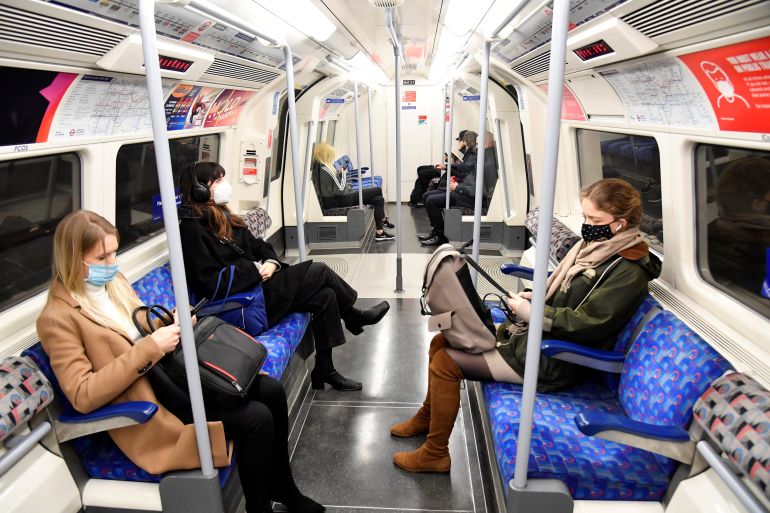Women are burned out and want to quit their jobs: Survey
More than half of the 5,000 women asked said they plan to quit their jobs in the next two years, Deloitte Global found.

For female employees, the Great Resignation may only be getting started. More than half of the 5,000 women surveyed by the consulting firm Deloitte Global said they intend to quit their jobs within the next two years.
Burnout was the top driver for those currently looking for new employment, as most said they felt more stressed today than they did a year ago in the survey released Tuesday. Rates were worse for women who belonged to ethnic minority groups, as well as those in middle-management and part-time roles and women aged 18-25. Overall, one in three women said they had taken time off from work due to their mental health, and almost half rated their mental health as “poor/very poor.”
Keep reading
list of 4 itemsAre they hiring? Amazon more than doubles its maximum base pay
The Great Upgrade: Making the most of The Great Resignation
Women of colour in US still face greater barriers at work: Report
While many employers have tried to make work more flexible, female employees surveyed by Deloitte say they feel excluded even in hybrid settings, said Emma Codd, Deloitte Global Inclusion Leader.
Just 10% of those surveyed across 10 countries said they plan to stay with their current employer for more than five years, and women in non-managerial and middle-management positions were more likely to say they were looking to move roles within two years.
It’s up to employers to make sure that, when assigning tasks and evaluating workers for promotions, “we are not just choosing those that we physically have seen but that we actually consider our team in its entirety,” Codd said in an interview. Of the 5% of women who worked for companies where they felt supported, protected and given opportunities to advance in their careers, none reported seeking a new job, and only 3% reported feeling burned out.
(Corrects name of consulting firm that conducted the study in first paragraph)